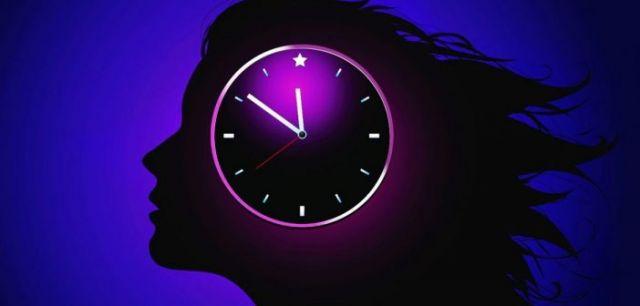Do you find yourself opening your eyes every morning just an instant before the alarm clock goes off? Scientists from the Salk Institute for Biological Studies (USA) say that the key to this ability lies in a component of the biological clock that until now was unknown. Their findings are published in the latest issue of the journal Science.
Biological clock
Every morning, the biological clock boosts our metabolism and starts important physiological functions that “tell” our body that it is time to stand up. “The body is essentially a set of watches,” says Satchindananda Panda, co-author of the study. “We were vaguely aware of the clock that makes us fall asleep every night, but not the one that activates us again at dawn,” he explains. Now that they have found it -a protein called JARID1a-, the researcher assures that “we will be able to better understand insomnia, and why our biological clock fails as we age or when we develop certain chronic diseases.” It could also help to understand the mechanisms of cancer.
A protein called PERIOD (PER) is involved in the molecular mechanisms that control our sleep-wake cycle.
The number of PER proteins in every cell in the body increases and decreases every 24 hours. Our cells use this level as an indicator of the time of day, and based on those amounts they tell the body if it should be awake or asleep.
In fact, when PER levels drop at night, our biological systems slow down: blood pressure drops, heartbeat slows down, our mental processes slow down … The next morning, Satchindananda Panda and his colleagues have discovered, the JARID1a protein needs to intervene, which works like a switch that “turns us on”.

